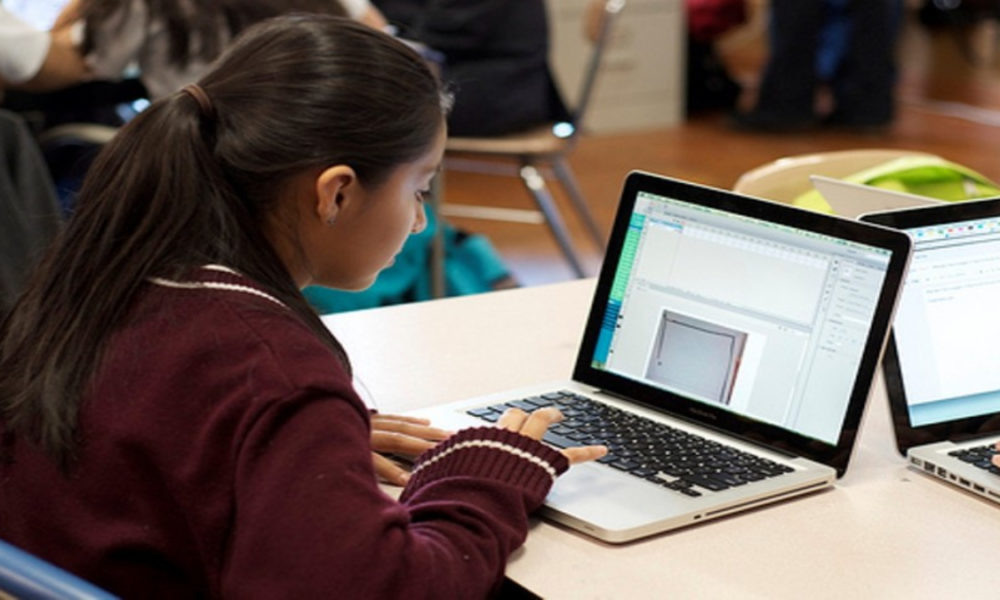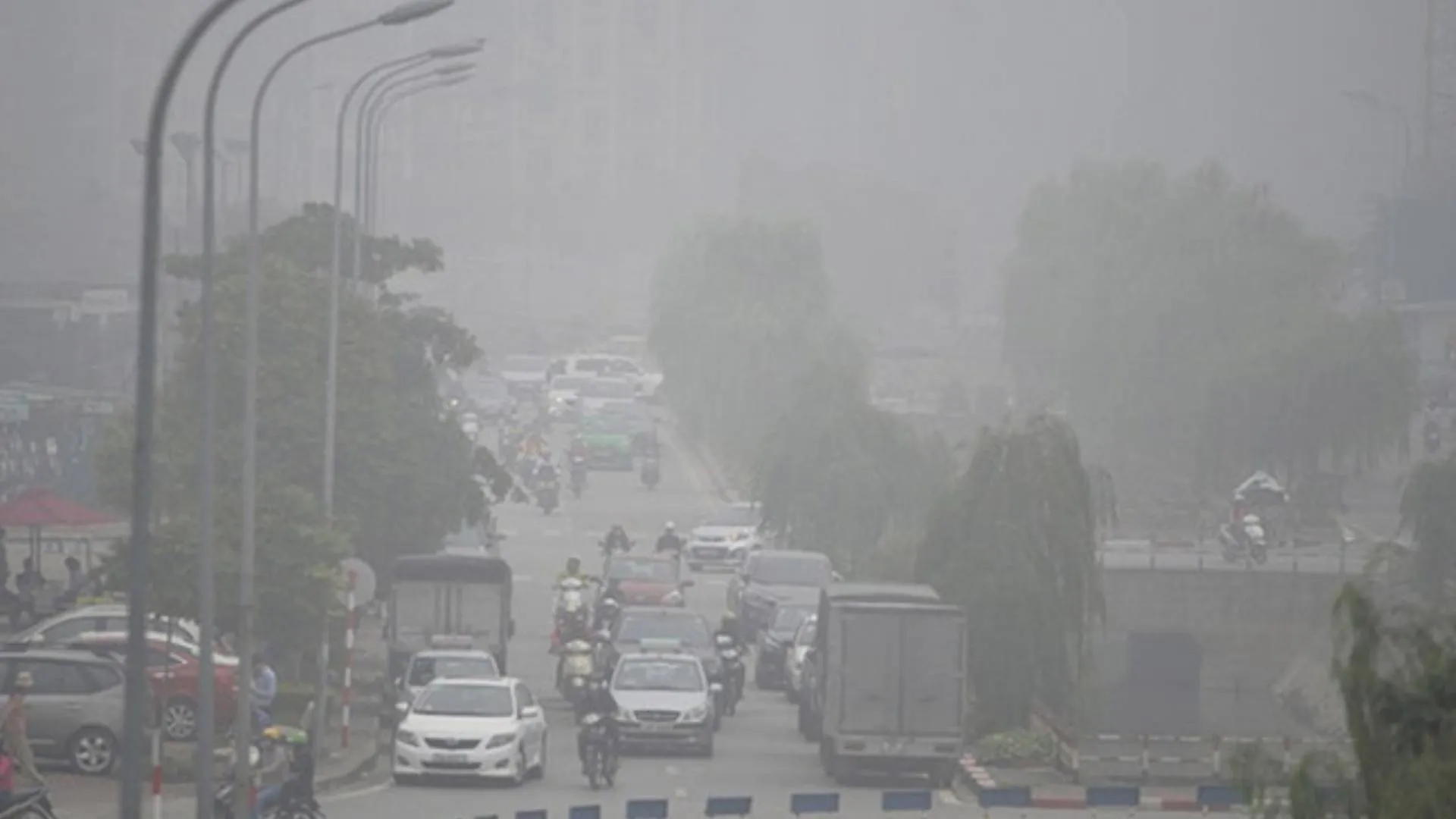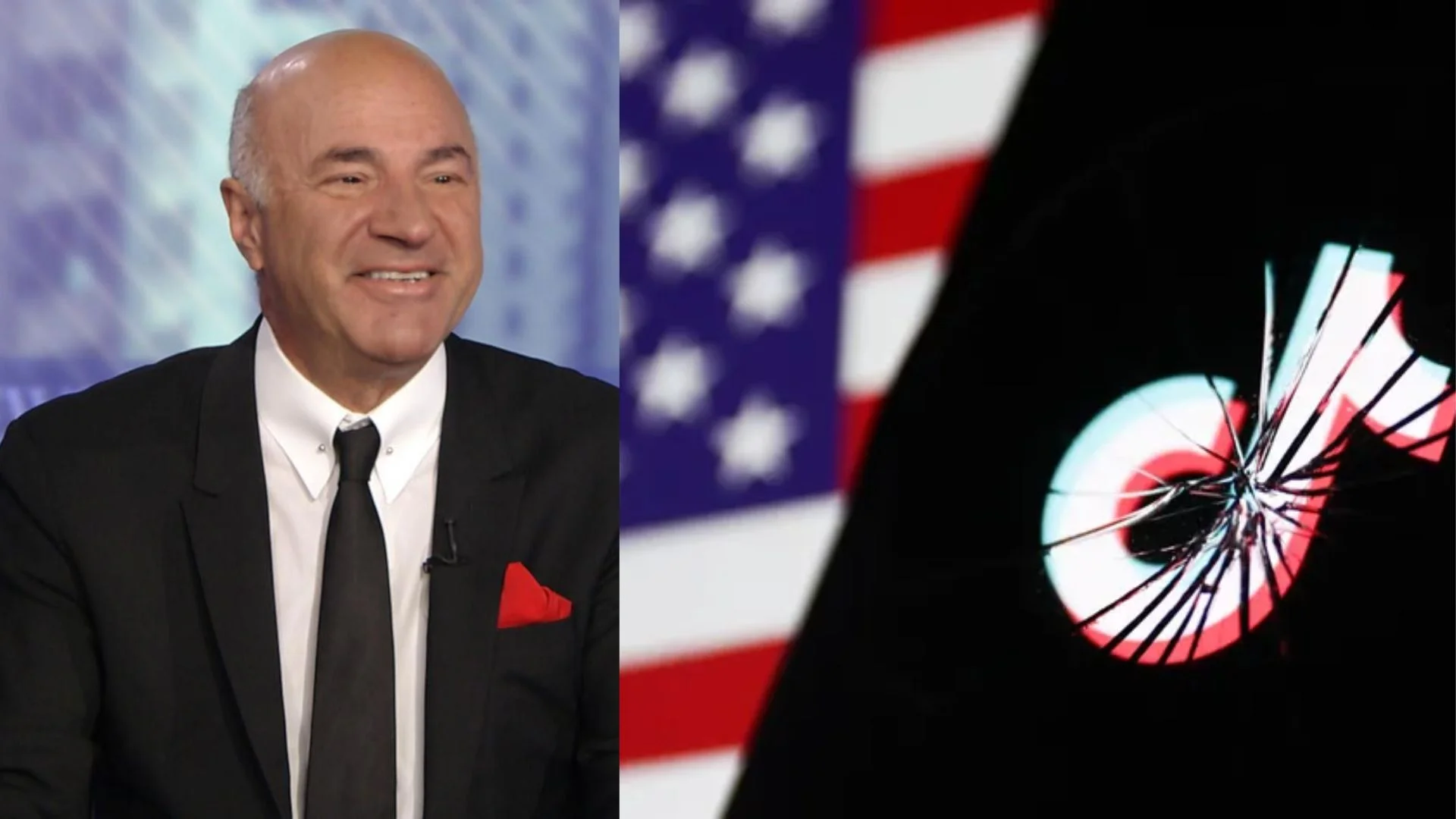As a writer and content creator, I often find myself in a quandary— how much of my child should I be sharing on social media through the content I create? The problem specifically arises when brands ask for children to be included in content, for more effective advertising. This makes it tricky for content creators to keep their little one’s safe while adhering to professional commitments. Fortunately, as a practising lawyer, I am also equipped with the legal knowledge that helps in making the right decisions.
India does not have clear laws that are equivalent to the American Children’s Online Privacy Protection Act or COPPA, as it is also known. However, the Personal Data Protection (PDP) Bill currently being tabled in Parliament hopes to address this need. The PDP Bill was introduced to Parliament in 2019, and the most notable feature of this Bill is that the term ‘minor’ applies to everyone under the age of 18—the highest age for children in all data protection laws thus far. COPPA in the United States protects children under 13 years of age, China’s standard covers children under 14 years, while in Europe, the GDPR-K covers those under 16 years of age.
According to the Draft Bill, any company that uses information from minors would need to do so in “a manner that protects and advances the rights and best interests of the child”. This means incorporating strong mechanisms for age verification and parental consent. The accompanying white paper to the Bill clearly states that “the processing of personal data of children ought to be subject to greater protection than the regular processing of data”.
Essentially, the Bill is aimed at companies operating websites or other online services directed at children, or those that process large volumes of personal data relating to children. Once the Bill is accepted, these companies will be unable to profile, track, monitor the behaviours of, or run targeted advertising on children, nor will they be permitted to extract personal data that could significantly harm the child. There is also a proposal to create a “Data Protection Authority” which will issue heavy penalties, should there be a data breach.
Though the Bill addresses the concerns of parents with respect to companies misusing the data of their children, it does not touch on the role of parents using their child’s pictures and data for the same purposes. Presently, from a purely legal viewpoint, parents cannot be held responsible for violating their child’s digital privacy by using their photo or video footage or creating accounts for them online. As legal guardians, parents are within their rights to do as they please with their child’s pictures and other data. Parents are also presumed by the law to be aware of their child’s digital presence on different platforms, as well as the extent of their child’s interaction with brands or people online.
International laws are far more stringent in their protection of the privacy of minors online, though in this regard, the age of minority differs according to the country. For example, American and British children need to be 13 before being able to make their own Facebook and Instagram accounts. As per these international laws, any data pertaining to minors under the mandated age needs parental consent before being used. Thus, making it clear that parents are responsible for any action taken on behalf of their children.
Personally speaking, I am wary of putting my child’s pictures online. Apart from the concerns of data breach and photographs being misused, I worry that too much exposure at a young age will push my child to explore and be part of social media platforms much sooner than he should. Hence, I consider it my responsibility to ensure that he is made aware of the ills of social media. A parent’s role is, after all, guided by ethics more than law! Ultimately, there is no single answer to what child-related content may or may not be shared by parents online. It depends entirely on personal sensibilities and beliefs. Parents should proceed on their instinct and share what they feel is right for their child and their family set-up.
The writer is a lawyer who pens lifestyle articles on her successful blog www.nooranandchawla.com. She can be found on Instagram @nooranandchawla.























